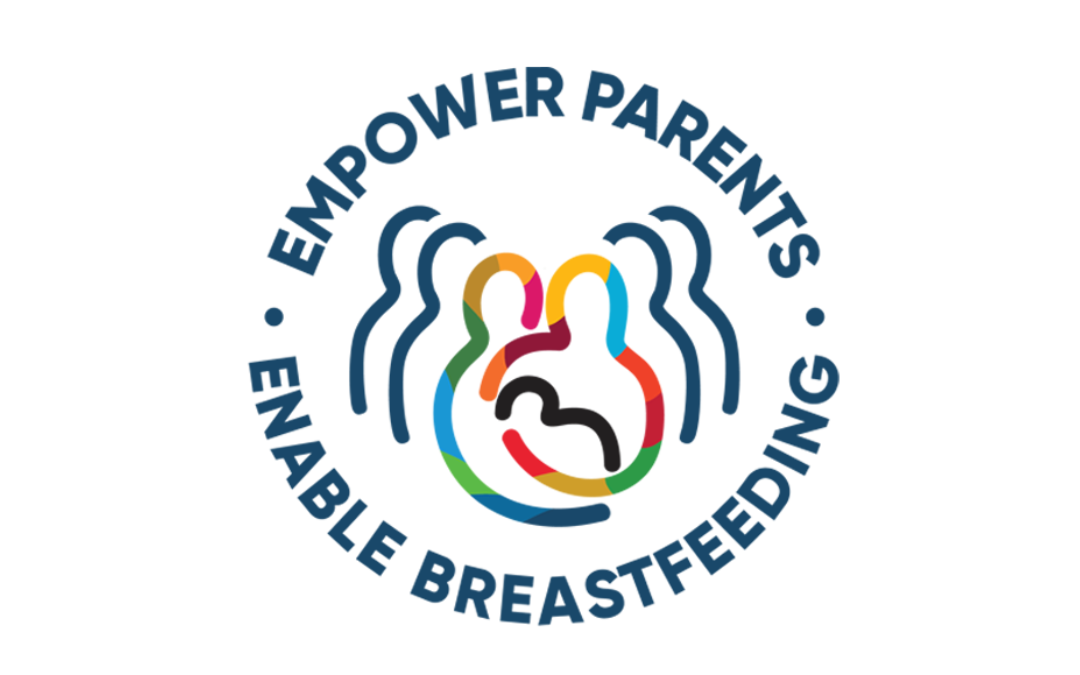Esther’s heart swelled with joy as she welcomed her son into the world at the hospital. The journey had been challenging, balancing her low-paying job with a full-term pregnancy. Despite the hardships, she worked tirelessly until her delivery day, holding onto the hope of practicing exclusive breastfeeding.
However, her joy turned to fear when the HR department handed her a letter during her baby’s naming ceremony, stating that she must resume work just six weeks after giving birth. Tears streamed down her cheeks as the reality sunk in – her dream of exclusive breastfeeding was shattered. With no creche facility at her workplace, she faced a tough choice: give up her breastfeeding plans or risk losing her job.
Esther’s predicament is one faced by many working mothers trying to build a career while providing for their families. Maternity leave, as the name suggests, is meant to grant women time off work to bond with their babies or recover from childbirth. In Nigeria, the law provides for twelve weeks of maternity leave for all employers. A woman is expected to take approximately six weeks of leave before childbirth and another six weeks after giving birth.
However, the reality is different in practice. In some private sectors, maternity leave remains as low as six weeks, leaving working mothers grappling with tough decisions. Even though the Oyo state government pegs maternity leave at six months, many private organizations do not adhere to this standard.
According to section 54 of the Labor Act, every woman who provides medical evidence of her due date is entitled to a twelve-week leave. However, some private companies fail to comply with this provision, leaving women with limited time to recover and bond with their newborns.
Medical experts emphasize the importance of adequate maternity leave for both the mother and child. stressing that it can reduce stress levels, aid postpartum recovery, and contribute to the baby’s developmental milestones. On the other hand, insufficient maternity leave can lead to depression and anxiety, affecting the well-being of both mother and child.
The President of the Nigerian Society of Neonatal Medicine, Dr Olukemi Tongo said exclusive breastfeeding plays a crucial role in a child’s health and development.
“The baby will enjoy good bonding with the parent, the nutrients are well balanced for eye development, brain development, general growth, and the baby will not have gastrointestinal discomfort like some other children who are being fed on other things.”
She stressed that babies who exclusively breastfeed for six months have better immune systems and are less likely to develop diarrhea, hypertension, or obesity, however, infants who are not exclusively breastfed are at a higher risk of developing various infectious diseases and poor nutritional outcomes.
UNICEF’s Social Behavioral Specialist, Mrs. Aderonke Akinwole, expressed concern about the developmental milestones of children, focusing on nutrition, health, and child protection. She emphasized the need for organizations to provide support for pregnant and nursing mothers.
In conclusion, the issue of inadequate maternity leave affects the physical and emotional well-being of both working mothers and their children. As a society, we must strive to uphold the provisions of the law and support working mothers in their journey of motherhood. Adequate maternity leave empowers women to provide the best care for their children, nurturing a healthy and thriving future generation. It is time for private organizations to prioritize the well-being of their employees and embrace the significance of extended maternity leave for the benefit of all.

